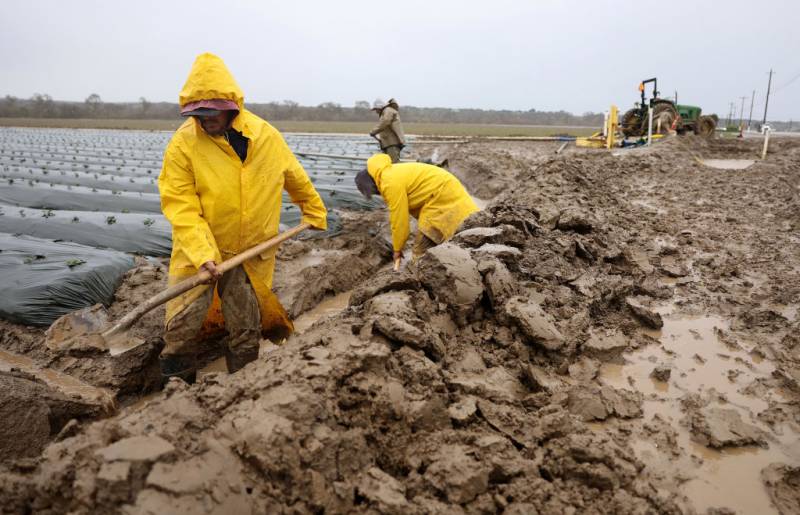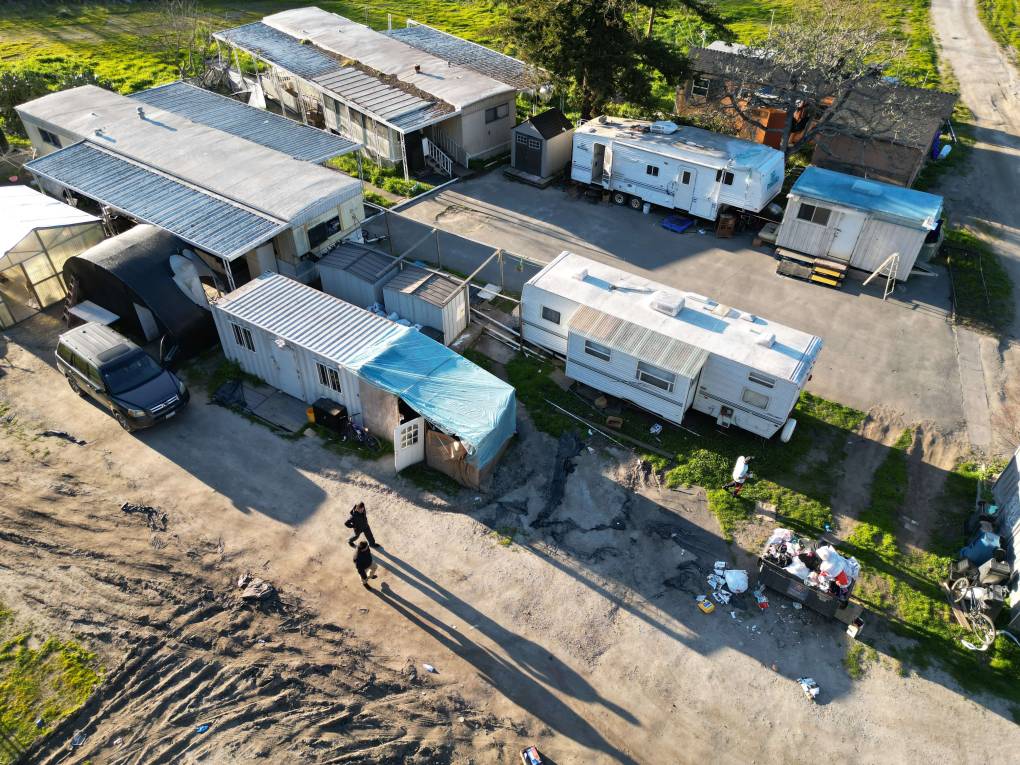But Jiménez Ureña, Half Moon Bay’s vice mayor, who also leads a farmworker labor project at a local nonprofit known as ALAS or Ayudando Latinos a Soñar, said he was unaware of the federal initiative.
In the wake of the mass shooting — and possible labor violations — at the mushroom farms, the Newsom administration’s Labor and Workforce Development Agency has begun sharing information about the new program.
“The Administration has been in close contact with San Mateo County and community organizations regarding immigration assistance and the new DHS guidance on potential immigration relief for workers who have suffered workplace violations,” Erin Hickey, spokesperson for the agency, said in an email.
California labor leaders plan to hold a training on the new program this week in Los Angeles. And a group of Bay Area attorneys have scheduled a video call to discuss how the protections might benefit their clients.
‘A complete 180’
Sergio Benavides, a Hayward immigration lawyer who plans to join that call, said the Biden administration’s approach to labor protections for immigrants is long overdue.
“To me it represents a complete 180 from the Trump era,” he said. “The Biden administration is saying, ‘Hey, workers, we want to help you. We want to protect you. We want to investigate violations of the law. Please come out of the woodwork.’”
But Benavides cautioned that deferred action is only temporary, and said immigrants should first consult a lawyer to decide whether it would benefit them to apply.
There are other forms of immigration relief that could be more durable for undocumented immigrants, including those at the Half Moon Bay mushroom farms, he said. One of those, a U visa, can lead to a green card and eventually citizenship for victims of certain crimes who cooperate with law enforcement or government investigators.
And how useful the new federal program proves to be will depend on how well it’s administered, Benavides said. Though DHS says the application process will be “streamlined and expedited,” other immigration applications are often delayed, he noted.
“People may qualify for benefits and they apply for them, but it takes years and there are these huge backlogs,” he said. “They’re going to try to fast-track it. But what does that mean? I don’t know that the Biden administration has the manpower to make sure that these applications are processed faster.”
How it works
If you’re thinking of applying for deferred action on deportation, here are some details to know:
- An immigration lawyer can help you decide whether it would benefit you to apply. They can also tell you whether there are other forms of immigration relief you may qualify for, including more permanent protections.
- To apply, you need to submit, among other forms:
- A signed request explaining your claim and that you are participating in a labor agency investigation.
- A letter of support from the labor agency.
- Documents to prove your employment.
- Proof of your identity and nationality.
- Biographical information.
- An application for a work permit.
- The protection from deportation is temporary: up to two years. It may be renewed if the labor investigation is ongoing. Please note that DHS says it can terminate deferred action “at any time, at its discretion.”
- If your request is approved — and you can prove “economic necessity” — you can also get a work permit.
- In some cases, USCIS may forward applications to U.S. Immigration and Customs Enforcement, especially if you are in deportation proceedings. They may ask ICE to help decide whether to grant you deferred action.
- U.S. Citizenship and Information Services has set up an office to handle requests on an expedited basis.


